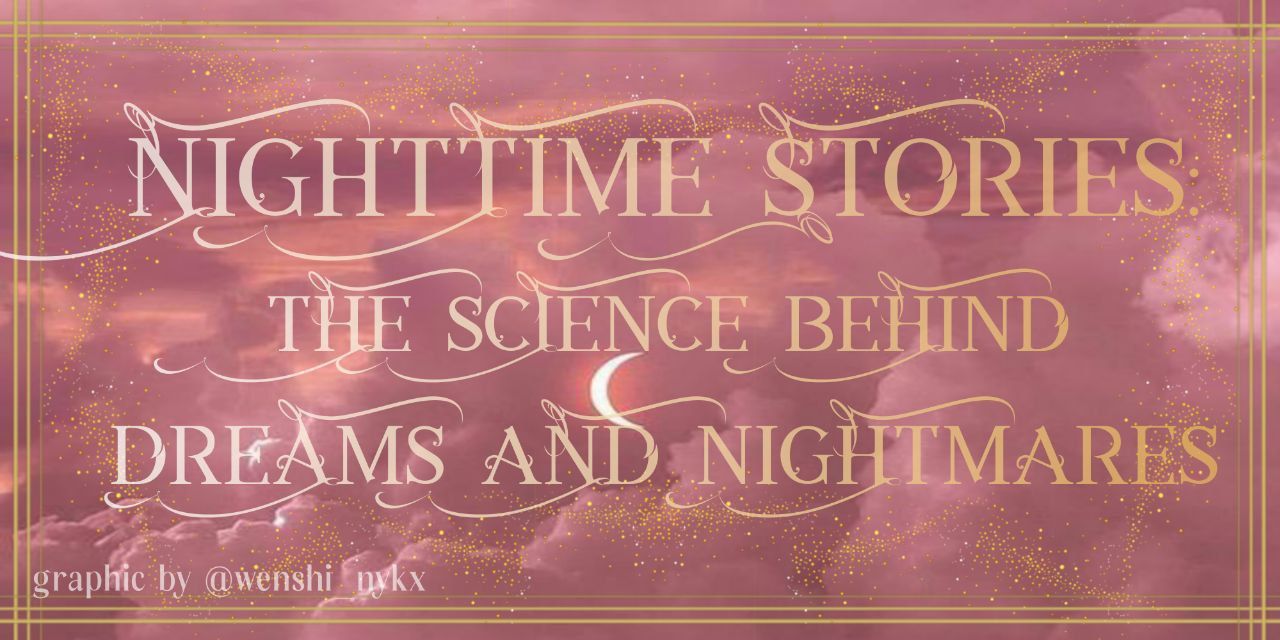
rèv . 𝐍𝐢𝐠𝐡𝐭𝐭𝐢𝐦𝐞 𝐒𝐭𝐨𝐫𝐢𝐞𝐬: 𝐒𝐜𝐢𝐞𝐧𝐜𝐞 𝐁𝐞𝐡𝐢𝐧𝐝 𝐃 & 𝐍


Nightmares and dreams have been studied for centuries, yet their exact science remains elusive. However, many researchers have proposed various theories explaining the underlying mechanisms behind these experiences. One widely accepted theory suggests that during sleep, our brain creates and processes memories, feelings, and emotions from the day's events. These fragmented thoughts are then stitched together to create a narrative in the form of a dream. Nightmares, on the other hand, are theorised to occur when the brain is unable to properly process negative emotions or trauma, resulting in vivid and distressing dreams. Another theory proposes that during REM sleep (the stage where most dreaming occurs), our brain is actively sorting through information and problem-solving, leading to potentially strange and unpredictable dreams. The science behind nightmares and dreams continues to be researched and debated, providing insight into our subconscious mind and innermost fears and desires.
The science behind nightmares and dreams has been a subject of interest for researchers and psychologists for many years. Dreams, which occur during the REM (rapid eye movement) stage of sleep, are believed to be the brain's way of processing emotions, memories, and experiences from our waking hours. This allows us to make sense of our thoughts and feelings in a safe environment. Nightmares, however, can be seen as a disruption in this process. They often stem from unresolved fears or traumas and can serve as a way for the brain to try and work through these issues. Additionally, studies have shown that certain medications, illnesses, and sleep disorders can also trigger nightmares. Through understanding the science behind nightmares and dreams, we gain insight into our subconscious minds and how they function during different stages of sleep.
The study of dreams and nightmares has been an ongoing area of research for scientists. Nightmares are vivid and disturbing dreams that evoke feelings of fear, anxiety, or other negative emotions. They usually occur during the REM stage of sleep, which is when our brains are most active and dreaming is most prevalent.
Research suggests that nightmares may serve as a form of coping mechanism for our minds to process and overcome real-life fears and anxieties. On the contrary, dreams are a complex phenomenon with no definitive explanation. Some theories suggest that they represent unconscious desires while others propose they help organise memories and information in our brains. Despite ongoing studies, the true purpose and meaning behind both nightmares and dreams remain elusive to science.
Bạn đang đọc truyện trên: Truyen247.Pro